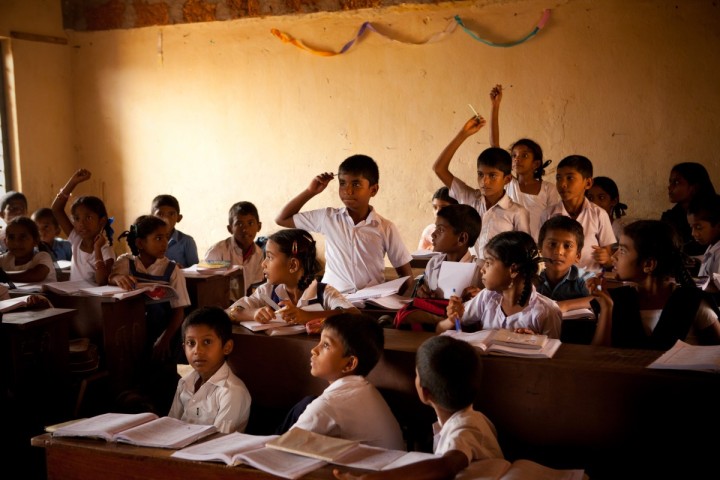NCF: Teaching in Mother Tongue and New Curriculum for children of 3-8 years old


Union Education Minister Dharmendra Pradhan on Thursday launched the National Curriculum Framework (NCF) for the foundational stage for children between the ages of 3 to 8.
This is the first time the NCF has been prepared for the foundational stage and children aged three will be brought into the formal schooling system as proposed in the National Education Policy-2020 (NEP).
Besides the curriculum for early childhood care and education (ECCE), the first of the four NCFs in the making, Pradhan also launched Balvatikas (pre-primary classes) at Kendriya Vidyalayas.
ECCE under the anganwadi system, till now, primarily focused on nutrition and health of a child while in the private space, the play school system was unregulated.
The most important aspect of the NEP has been the development of the national curriculum for school education because it is futuristic, Pradhan said.
"Preparing the curriculum for the age group of three to eight has been the most critical as well as challenging because experts and scientists have proved that 85 per cent of brain development happens by the age of seven or eight. Therefore, designing the curriculum for foundational stage is the most important aspect of the NCF," he said.
"I am optimistic that the NCERT by next Basant Panchami will bring out the syllabus and textbooks and other necessary methodologies. I am also hopeful that the NCERT will share these with SCERTs on priority so that experts from states can be consulted, and start designing the syllabus and develop textbooks based on these recommendations," Pradhan said.
"Data for private institutions is not available. The number of institutions offering relevant teacher education programmes is low and inadequate. 'Vidya pravesh' has been developed by the NCERT for students entering class 1," it said.
It will be transacted over three months, with four hours a day devoted to familiarising children with school environment and to provide experiences for maintaining wellbeing, the NCF said.
The NCERT and the education ministry had initiated the process to develop the four NCFs in 2021 in areas of early childhood care and education, school education, teacher education, and adult education, as a part of the implementation of the NEP-2020.
NCF also recommends that the mother tongue be the first medium of instruction for children until the age of eight, in both private and non-private schools. It claims that learning a new language "reverses the entire learning process" in the early years. It suggests that learning English as a second language is one option.
"The 3 to 4 years of experience that the child comes with gets completely disregarded, as a new language is taught from the beginning, at the cost of negating the foundational experiences, skills, and learning that the child has already accumulated, thus reversing the entire learning process," it states.
It states that a natural, communication-focused approach that also includes structuring of the young child's language 1 (primary medium of teaching) is required "for young children to learn abilities of speaking fluently in their language 2 or language 3 (which might also be English)”.